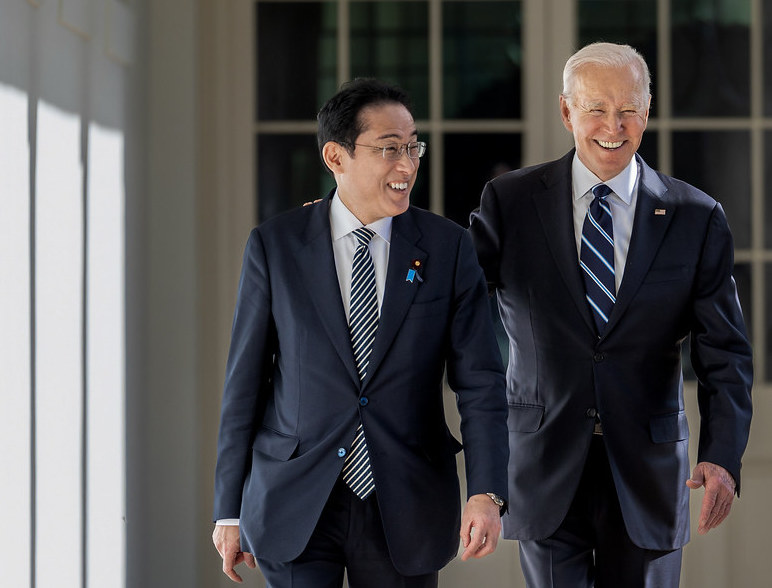America is reaping what it has sown. From Ron Unz at unz.com:

On Friday geopolitical plates of tectonic scale may have visibly shifted as Iran and Saudi Arabia, two of the most important countries in the Middle East and erstwhile bitter adversaries, announced that they had reestablished diplomatic relations after a lengthy round of negotiations held with top Chinese officials in Beijing.
Back in 1945, President Franklin Roosevelt famously met on an American cruiser with Ibn Saud, and our important alliance with oil-rich Saudi Arabia came into being.
Though sometimes stressed during the 1973 Oil Embargo and in the aftermath of the 9/11 Attacks, the relationship remained our most important in the Arab World, being responsible for the rise of the Petrodollar and the maintenance of our own greenback as the world’s reserve currency. With America’s industrial base having been reduced to a mere shadow of its once global dominance and our country plagued by horrendous annual budget deficits and accumulated debt, much of our national prosperity and current standard of living probably today depends upon that maintaining that status.
Meanwhile, during the four decades since its 1979 Islamic Revolution, no country in the region has been a greater object of American hostility than Iran. As recently as January 2020, we assassinated Gen. Qasem Soleimani, Iran’s greatest military commander, who had been considered a likely presidential candidate in their 2021 elections.



